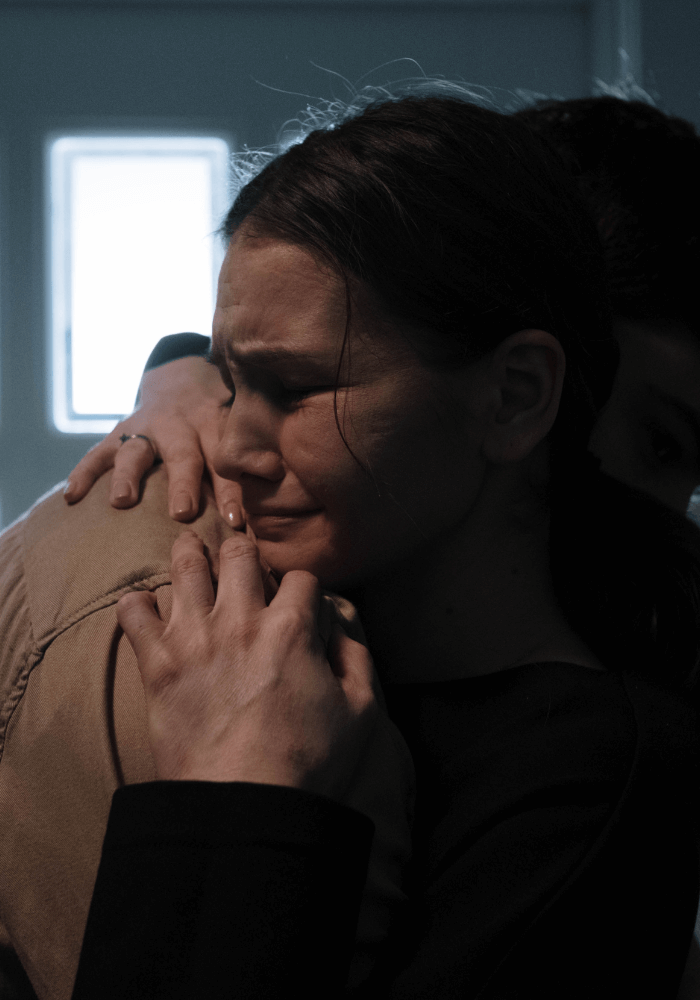Psychiatric Treatment for Grief

Understanding Grief
Grief is a natural and universal human response to loss, encompassing a wide range of emotions and reactions. While often associated with the death of a loved one, grief can also be triggered by other significant losses, such as the end of a relationship, loss of a job, or major life changes. It’s important to understand that grief is not a linear process, and there’s no right or wrong way to grieve. Everyone experiences grief differently, and the intensity and duration of the grieving process can vary greatly depending on the individual and the nature of the loss.
The grieving process is often characterized by various stages, including denial, anger, bargaining, depression, and acceptance. However, these stages are not always experienced in a specific order, and individuals may move back and forth between them. Grief can also manifest in physical, emotional, and behavioral ways. Common physical symptoms include fatigue, changes in appetite and sleep, and physical aches and pains. Emotional symptoms may include sadness, anger, guilt, anxiety, and difficulty concentrating. Behavioral changes can include social withdrawal, difficulty performing daily tasks, and neglecting self-care.
Understanding the complex nature of grief is essential for both those experiencing it and those supporting loved ones through the grieving process. It’s important to acknowledge and validate the range of emotions associated with grief, allow yourself or your loved one to grieve at their own pace, and seek support when needed. While grief is a natural process, it’s important to recognize when it becomes overwhelming or interferes with daily life. In such cases, seeking professional help can be beneficial for managing the emotional and psychological impact of grief and navigating the path toward healing.
Symptoms of Grief
Grief can manifest in a wide range of physical, emotional, and behavioral symptoms. Emotionally, individuals may experience intense sadness, anger, guilt, anxiety, or a sense of numbness or disbelief. They may have difficulty concentrating, making decisions, or feeling motivated. Changes in sleep patterns, such as insomnia or oversleeping, are also common.
Physically, grief can manifest as fatigue, loss of appetite, changes in weight, headaches, and other physical discomforts. Some individuals may also experience a weakened immune system, making them more susceptible to illness. Additionally, grief can impact social interactions and behavior. Individuals may withdraw from social activities, isolate themselves, and have difficulty maintaining relationships. They may also neglect their personal hygiene or struggle to perform daily tasks.
It’s important to remember that these symptoms are a normal part of the grieving process, and they can vary in intensity and duration depending on the individual and the nature of the loss. However, if the symptoms are severe, persistent, or interfere with daily functioning, it’s essential to seek professional help.


Effective Psychiatric Treatment for Grief
While grief is a natural process, it can sometimes become complicated or prolonged, leading to significant distress and impairment in daily life. In such cases, psychiatric treatment can be helpful in managing the emotional and psychological impact of grief and facilitating the healing process.
Therapy, particularly grief counseling or therapy, can provide a safe and supportive space to process emotions, explore coping strategies, and find meaning in the loss. Therapists can help individuals understand the normal stages of grief, identify any unhealthy coping mechanisms, and develop healthy ways to manage their emotions. In some cases, medication may be recommended to address specific symptoms, such as depression or anxiety, that may accompany grief.
At Sonoran Psychiatric Care, we offer comprehensive and compassionate care for individuals struggling with grief. Our team of experienced psychiatrists and therapists will work with you to develop a personalized treatment plan that addresses your unique needs and helps you navigate the complex emotions associated with loss. We understand that grief is a unique journey for each person, and we’re committed to providing the support and guidance you need to heal and move forward.

Ready to Take the First Step?
Invest in Yourself, Schedule Your Initial Appointment




